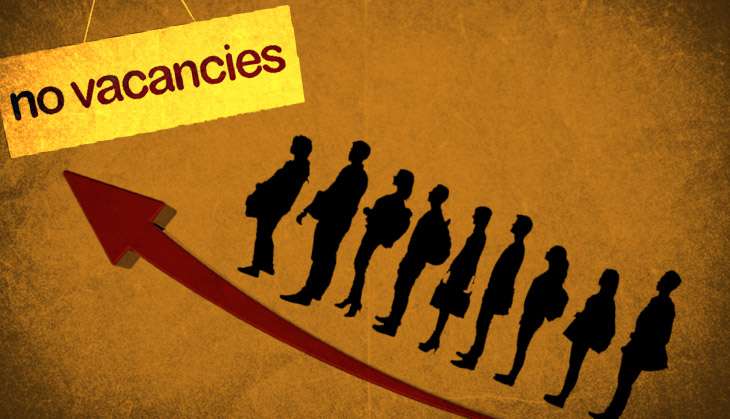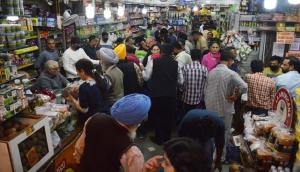Does India's better ranking in Global Competitiveness Index make much sense?

Ever since the Narendra Modi government came to power in 2014, it has focused on improving India's rankings in areas considered important to attract foreign companies to the country.
The efforts have yielded results - India has jumped 16 ranks to settle at the 39th spot out of 138 countries on the global competitiveness index prepared by the World Economic Forum. This is the second year in a row that India has jumped 16 spots.
Also read - India ranks 55th in global competitiveness index, jumps 16 places; Switzerland tops yet again
In the World Bank's Ease of Doing Business rankings, too, India showed improvement by going up from 134 in 2015 to 130 in 2016.
Creating a good business environment
These achievements definitely call for accolades for the Modi government that has also managed to pass the long pending Goods and Services Tax in the country, which, according to experts, will give a push to India's GDP growth.
However, improving India's ranking on global indexes that focus only on business environment cannot be an end in itself for a government.
A good business environment leads to more foreign companies investing in India, and more investments must lead to more jobs in India.
Failure to create jobs
However, the Modi government has been failing in achieving the last but the most important of the goals of every business related policy i.e., creating jobs.
Under the NDA, the unemployment rate in the country has risen to a five-year high of 5% in 2015-16, according to the latest annual household survey on employment conducted by Labour Bureau.
This has come on the back of only 1.35 lakh jobs generated in the whole 2015, which in itself was the lowest since 2009, a time when the Indian economy faced headwinds from global recession.
Exports hit the worst
Exports related sectors have been the worst hit during the Modi regime.
According to a report by Industry body Assocham, around 70,000 jobs were lost in the second quarter of 2015 alone due to a fall in India's exports.
Eight of the 14 labor-intensive sectors reported decline in exports in the 2015-16.
Despite Union Minister for Commerce and Industry Nirmala Sitharaman holding regular meetings with the industry, the average decline in Indian exports between December 2014 and August 2016 has been 10.48%. In this period of 21 months, only June 2016 reported a marginal year on year growth of 1.3%.
Sitharaman, on her part has been trying to hide her government's bad job on the exports' front by putting out the highest ever-inbound foreign direct investment (FDI) numbers for 2015.
But a question that, Sitharaman has constantly evaded is, what use is FDI for if it does not increase employment in the country?
The prime minister once tried to answer this question cleverly during a TV interview. He said that his government wanted people to become job creators and that his government had given loans worth Rs 1.25 trillion to 3 crore people to become entrepreneurs.
Each of these small-scale entrepreneurs is expected to generate two extra jobs. This means loans provided to 3 crore entrepreneurs should have employed 9 crore people in the country by now.
If what the prime minister said were actually true, it would have reflected in the decline in the unemployment rate in the country. But the result is the opposite and it brings the focus back to the basic question i.e., is the NDA government doing enough for one million people who enter the workforce in India every month?
Until the youngest nation in the world is able to provide employment to its ever-increasing workforce, improvement in global competitiveness and ease of doing business rankings doesn't make much of a difference at all.
More in Catch - India positioned more favourably for future than China: World Economic Forum
I'm a big fan of PM Modi, says World Bank President Jim Yong Kim
First published: 28 September 2016, 6:48 IST






![BJP's Kapil Mishra recreates Shankar Mahadevan’s ‘Breathless’ song to highlight Delhi pollution [WATCH] BJP's Kapil Mishra recreates Shankar Mahadevan’s ‘Breathless’ song to highlight Delhi pollution [WATCH]](http://images.catchnews.com/upload/2022/11/03/kapil-mishra_240884_300x172.png)

![Anupam Kher shares pictures of his toned body on 67th birthday [MUST SEE] Anupam Kher shares pictures of his toned body on 67th birthday [MUST SEE]](http://images.catchnews.com/upload/2022/03/07/Anupam_kher_231145_300x172.jpg)






